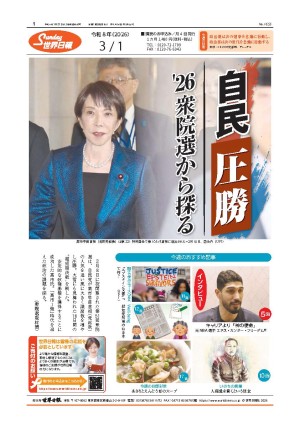外交関係緊張も米国製兵器の輸出は好調 U.S. arms sales high even with diplomatic tensions
トランプ米政権の強硬な国際経済政策は海外の同盟国の反発を招いているが、世界における米国製兵器の売り上げは落ちていないという。大統領の「バイ・アメリカ」キャンペーンで重要な役割を担う国務省高官が語った。
ティナ・カイダナウ国務次官補代行(政治・軍事担当)が16日、広範囲に及ぶ発言の中でそう主張した。カイダナウ氏はまた、国防総省がウクライナに欠陥品の対戦車兵器を送ったとの報道を否定するとともに、トルコはロシア製対ミサイルシステムの購入を慎重に判断すべきだと警告した。
...【全文を読む】







